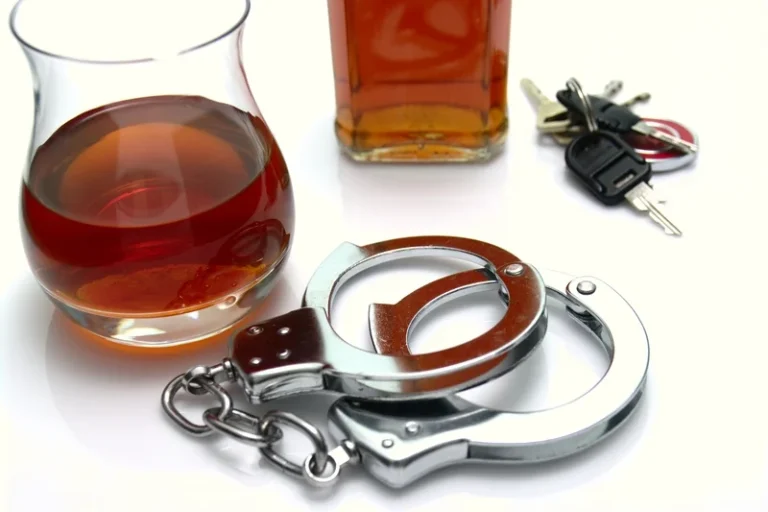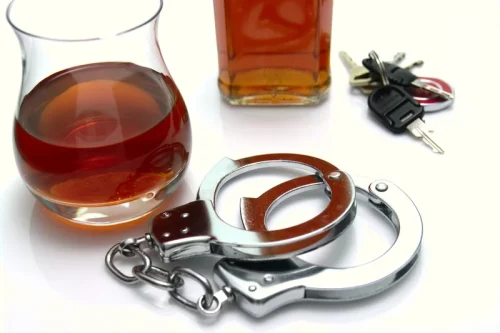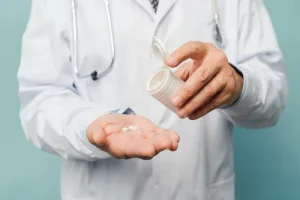
It’s also a common practice for some people to treat insomnia by consuming alcohol. You can consult a healthcare provider to discuss your drinking and any underlying issues that may contribute to alcohol use. They could help you develop a tailored plan to cut back or quit safely, possibly involving medication or therapy.
Limiting Alcohol Consumption Before Bed
The perpetual use of alcohol as a sleep aid may be a counterproductive long-term strategy as alcohol disrupts sleep quality and intensifies the need to consume more alcohol8. The association of alcohol dependence with insomnia may be bidirectional in nature9. Abnormalities in the timing of REM sleep wouldappear to last longer into the abstinence period.
How Does Alcohol Impact Sleep?
Very few people require medication, and using a drug-free method of quitting alcohol can actually make it easy to quit and stay quitted. Eating before or while drinking can help slow the absorption of alcohol and reduce its effects on your sleep. Even if you don’t have sleep apnea, alcohol can increase your risk of snoring, disrupting your sleep and that of your partner. This can cause the airway to become partially obstructed, leading to snoring or worsening symptoms of sleep apnea – hence the clear link between alcohol and sleep apnea. Drinking alcohol and sleep apnea are closely related because alcohol affects the muscles in the throat and airway.

What Happens When You Drink Alcohol Right Before Bed?
(These may be micro-awakenings that the sleeper doesn’t even remember—but they still interrupt the flow, and quality, of sleep.) During the second half of the night, sleep architecture shifts again away from normal, with less time spent in slow wave sleep. The rebound effect may include more time in REM—a lighter sleep stage from which it is easy to be awakened. While drinking alcohol before bedtime may help you feel relaxed and sleepy, enjoying a nightcap puts you at risk of experiencing repeated wakings marijuana addiction and low-quality sleep later in the night.
Insomnia and Alcohol
Ultimately, no two cases of insomnia are the same, and no treatment plan is right for everyone. Anyone experiencing insomnia should speak with a doctor to learn more about what treatments may work best for them. Consuming certain substances, such as alcohol, can disrupt sleep schedules. An uncomfortable sleep environment can make getting a good night’s rest challenging. BetterHelp can connect you to an addiction and mental health counselor.
How Does Alcohol Withdrawal Affect Sleep?
- Yules,Lippman and Freedman (1967) studied four young men over three or five nights ofdrinking with 1 g/Kg ethanol administered 4 hours before bedtime.
- Another possibility is that alcohol abuse leads to long-lastingneurochemical changes in the brain stem.
- This means people with insomnia have an increased risk of alcohol and substance use disorders.
- Alcohol and bad sleep can exacerbate mental health issues, contributing to a cycle of poor sleep and poor emotional regulation.
- One study found that almost one-third of adults in recovery reported drinking or substance-use dreams after stopping (1).
Alcohol is the most common sleep aid—at least 20 percent of American adults rely on it for help falling asleep. But the truth is, drinking regularly—even moderate drinking—is much more likely to interfere with your sleep than to assist it. For individuals who find it difficult to control their alcohol intake, there are various forms of support available. Whether you’re struggling with occasional binge drinking or more chronic alcohol use, reaching out for help can improve both your sleep and overall health. If you’re consistently experiencing alcohol and https://ecosoberhouse.com/ bad sleep, consider taking a break from drinking to allow your body to recover and improve your sleep patterns. Drinking alcohol can increase feelings of anxiety and restlessness, which contribute to insomnia.

Alcohol’s Effects on REM Sleep

As in theprevious study (Nicholas et al. 2002), alcoholicswere significantly less likely to produce K-complexes than controls. P2 amplitude was,however, smaller in alcoholics than controls with the difference being largest at Cz,where the component was maximal, but smaller at other sites (see Figure 5). There were no sexdifferences or interactions between diagnosis and sex for K-complex incidence, P2amplitude or P2 latency. Frontal (but not posterior) N550 and P900 amplitudes were smallerin alcoholics than controls and smaller in men than women, but insomnia and alcohol the sex difference was notrelated to diagnosis.
Alcohol Affects Levels of Adenosine and Sleep Homeostasis
The role of circadian misalignment indisturbed brain reward function, and its role in the development of alcohol use disorders isthe subject of a recent review by Hasler and Clark (2013). Proceed with caution when drinking before bedtime, as alcohol may be affecting your sleep more than you realize. This may be especially true if you drink alcohol to help you fall asleep faster, and then experience disrupted sleep later in the night without realizing it. Since even small amounts of alcohol can affect your sleep, the overwhelming consensus in the medical community is that alcohol is not an appropriate sleep aid.
